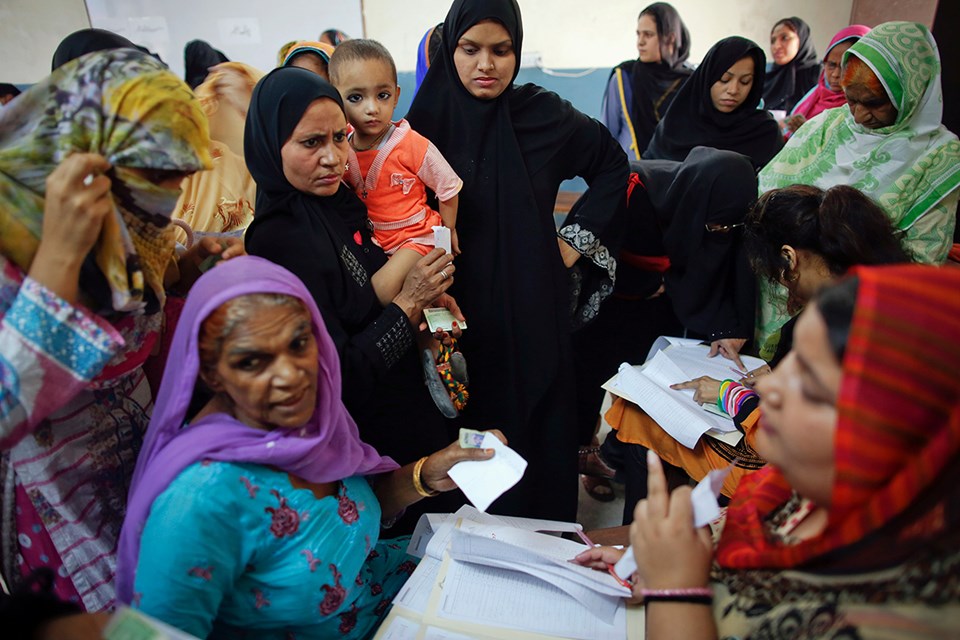Advancing Women's Political Leadership: Leave No One Behind

Emine Bozkurt

The Sustainable Development Goals (SDGs) of the 2030 Agenda for Sustainable Development apply universally to all countries to mobilize efforts that will end all forms of poverty and eradicate inequalities at national, regional, and global levels. The 2030 Agenda’s call for action by all countries, poor, rich and middle-income, is premised on the principle that “no one is left behind.” The ambitions of the 2030 Agenda for Sustainable Development recognize that ending poverty and inequalities require multidimensional strategies to be implemented at national, regional and global levels by different entities in the private and public spheres. The role of regional and global organizations such as the International Institute for Democracy and Electoral Assistance (International IDEA) in promoting the progress towards the achievement of SDG 5 flows from the internationally agreed upon commitments and ambitions to attain sustainable democracy and development worldwide.
Hence, International IDEA’s vision and mandate are firmly anchored in the 2030 Agenda for Sustainable Development (International IDEA Strategy 2018–2022). International IDEA believes that democratic principles are important enablers for the realization of the entire 2030 Agenda. Democracy, while of intrinsic value, is also a key enabler for sustainable development and draws its sustainability and strength from its capacity to meet people’s expectations that it will deliver socially inclusive, equitable, and sustainable development. While democracy is core to (and a wider enabler) the 2030 Agenda, the driving force for International IDEA’s mandate are SDG 16 (promoting peaceful and inclusive societies for sustainable development, provide access to justice for all and build effective, accountable and inclusive institutions at all levels), SDG 5 (achieve gender equality and empower all women and girls), and SDG 10 (reduce inequality within and among countries).
This article focuses on the role of International IDEA as a global organization in advancing SDG 5 in order to achieve gender equality and empowerment for all women and girls and presents some of the gender-responsive initiatives implemented by International IDEA in undertaking its mandate to support democracy worldwide and contribute to the achievement of SDG 5. The global progress towards SDG 5 is tracked through one of the targets to “ensure women’s full and effective participation and equal opportunities for leadership at all levels of decision making in political, economic, and public life.”